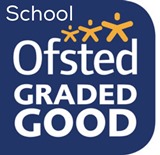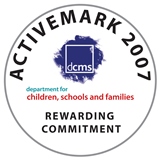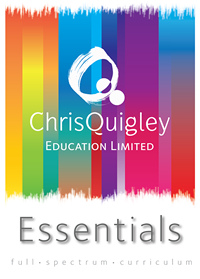MUSIC
INTENT
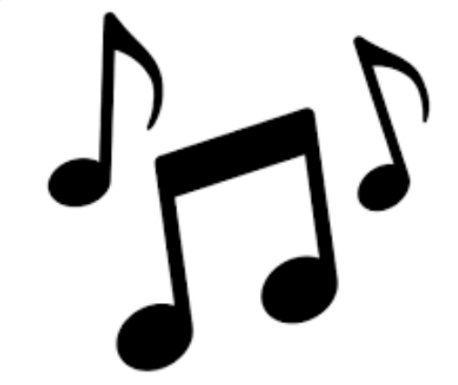 The National Curriculum for music aims to ensure that all pupils:
The National Curriculum for music aims to ensure that all pupils:
• Perform, listen to, review and evaluate music
• Be taught to sing, create and compose music
• Understand and explore how music is created, produced and communicated through the inter-related dimensions.
At Larwood School, we have constructed a music curriculum that is designed to give pupils, particularly disadvantaged pupils and including pupils with SEND, a firm understanding of what music is through listening, singing, playing, evaluating, analysing, and composing across a wide variety of historical periods, styles, traditions, and musical genres. Our objective at Larwood School is to create a musical atmosphere where children will get opportunities to learn a musical instrument and to take part in performances. We have designed a curriculum where children will cover the different elements of music, learn important vocabulary, develop a good understanding on how music has changed throughout history and how music is different across the world. Teachers will inspire future musicians as well as let children experience musicians through lessons and our singing and dance assembly. We put together a Christmas Choir every year when pupils are invited to sing in front of hundreds of elderly people and their carers as part of their Christmas celebration.
IMPLEMENTATION
Teachers have a good knowledge of the subject and ensure that students sing, listen, play, perform and evaluate. This is then embedded in 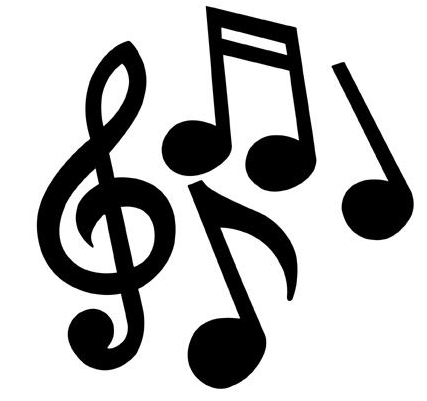 the classroom activities as well as the weekly singing assemblies, various concerts and performances, the learning of instruments – especially during Skills. The music leader is able to provide effective support for those teaching outside their main areas of expertise. Staff meetings have been provided to continue the professional development of teachers. Within the classroom, elements of music are taught so that children are able to use some of the language of music to dissect it, and understand how it is made, played, appreciated and analysed. Within lessons, students have the opportunities to understand the principles of creating notes, as well as how to read basic music notation. They also learn how to compose focussing on different dimensions of music, which in turn feeds their understanding when listening, playing, or analysing music. Composing or performing using body percussion and vocal sounds is also part of the curriculum, which develops the understanding of musical elements without the added complexity of an instrument. Throughout their school life, children have opportunities to perform in many productions, from the nativity in KS1 to the end of year MAPS production by year 6.
the classroom activities as well as the weekly singing assemblies, various concerts and performances, the learning of instruments – especially during Skills. The music leader is able to provide effective support for those teaching outside their main areas of expertise. Staff meetings have been provided to continue the professional development of teachers. Within the classroom, elements of music are taught so that children are able to use some of the language of music to dissect it, and understand how it is made, played, appreciated and analysed. Within lessons, students have the opportunities to understand the principles of creating notes, as well as how to read basic music notation. They also learn how to compose focussing on different dimensions of music, which in turn feeds their understanding when listening, playing, or analysing music. Composing or performing using body percussion and vocal sounds is also part of the curriculum, which develops the understanding of musical elements without the added complexity of an instrument. Throughout their school life, children have opportunities to perform in many productions, from the nativity in KS1 to the end of year MAPS production by year 6.
IMPACT
Whilst in school, children have access to a varied programme, which allows students to discover areas of strength, as well as areas they might like to improve upon. The productions that the children do, allow them to showcase their musical skills through singing and playing instruments to also developing their drama. Overall, their eyes are opened to a wealth of music. Music will also develop an understanding of culture and history, both in relation to students individually, as well as ethnicities from across the world. Children are able to enjoy music, in as many ways as they choose either as listener, creator or performer. They can sing and feel a pulse. Finally, Larwood mentoring will take place to ensure that their voice is heard in regard to the school’s music curriculum and subject coverage.

